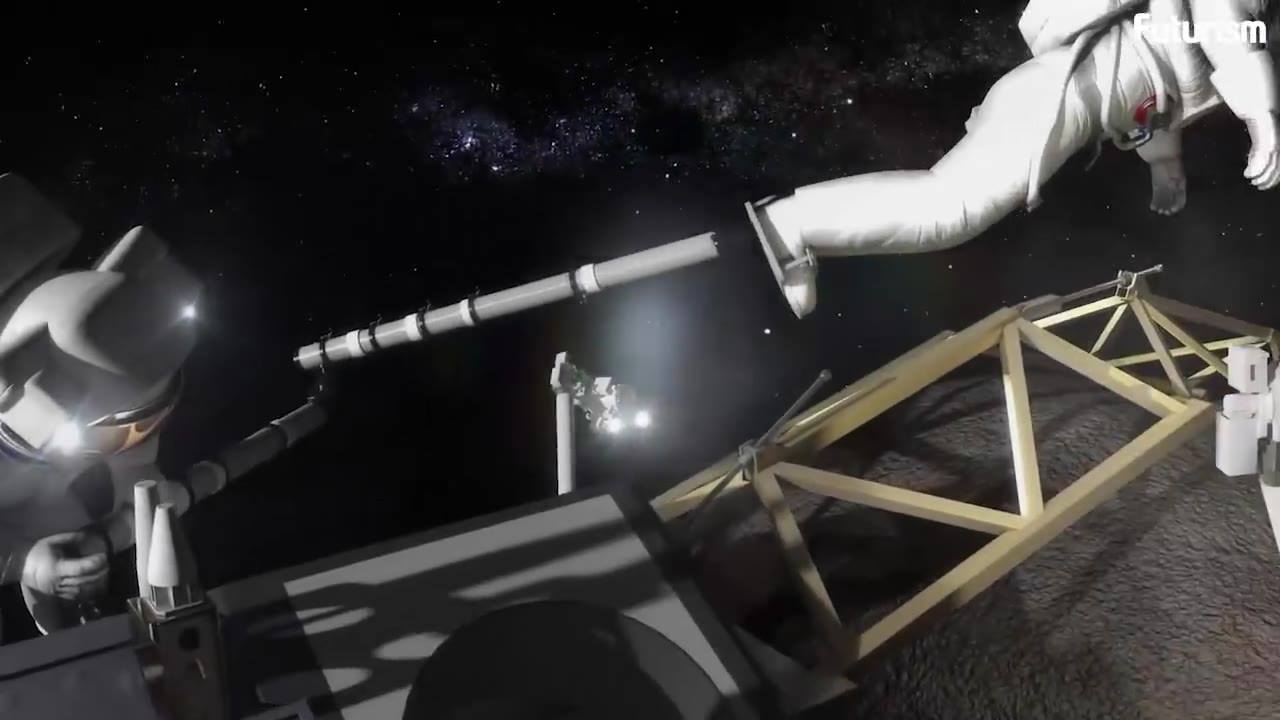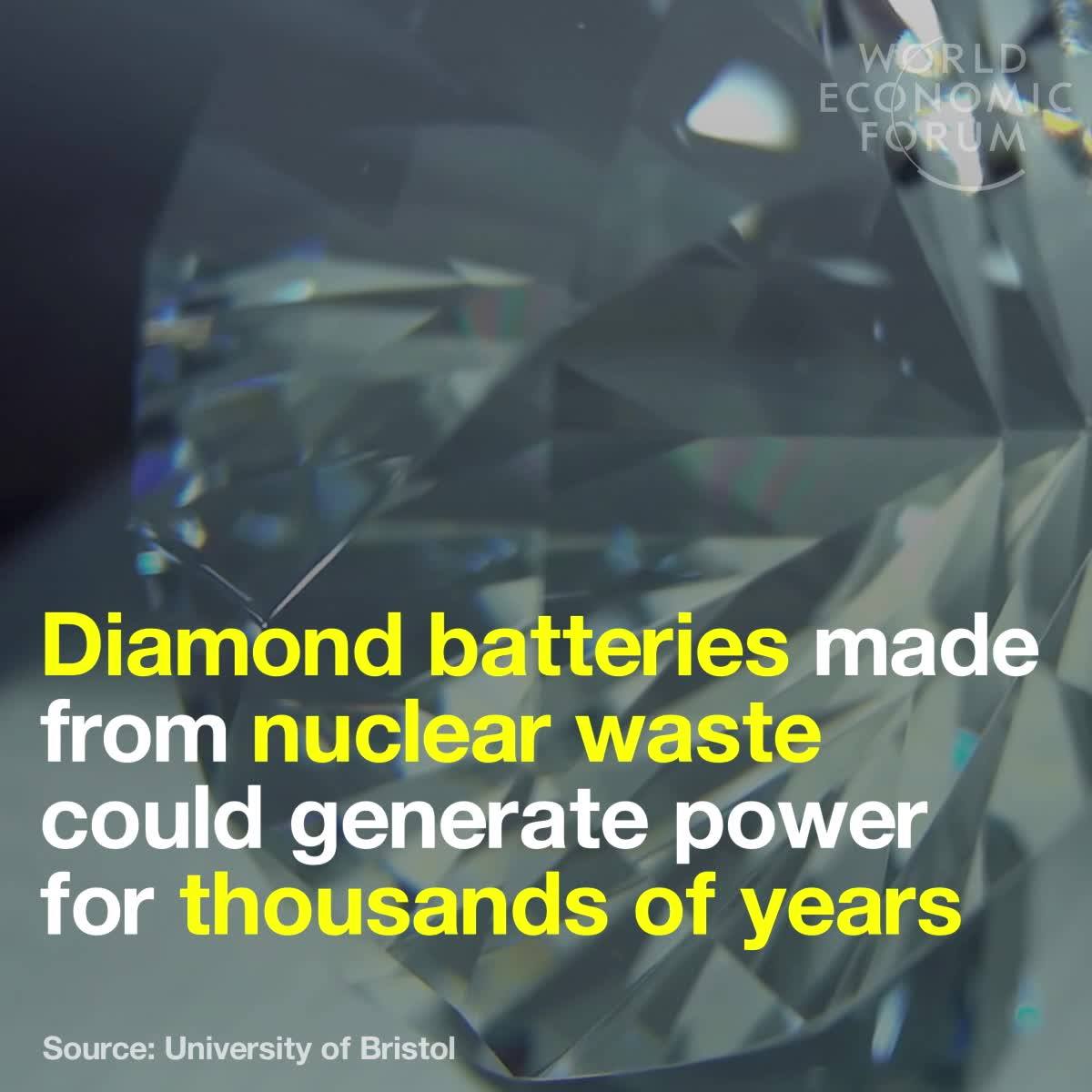Aug 9, 2017
Did you know NASA is planning to capture an asteroid and put it in orbit around the moon?
Posted by Brett Gallie II in category: space

BEIJING (Reuters) — China has sent an “unbreakable” code from a satellite to the Earth, marking the first time space-to-ground quantum key distribution technology has been realized, state media said on Thursday.
China launched the world’s first quantum satellite last August, to help establish “hack proof” communications, a development the Pentagon has called a “notable advance”.
The official Xinhua news agency said the latest experiment was published in the journal Nature on Thursday, where reviewers called it a “milestone”.
Continue reading “Chinese quantum satellite sends ‘unbreakable’ code” »

Nextbigfuture wrote about the designs for an improved nuclear thermal rocket by John Bucknell. John has worked as a senior engineer on the SpaceX Raptor rocket. John provides high quality qualified work to his rocket designs and to his proposed space habitat.
Nextbigfuture comments had some technical observations about Project Timberwind and a comment from John himself that his design improves on flaws in the last major nuclear thermal rocket experiments. There were also comments and discussion about Star Trek and communism and O’Neill space stations.

Unprecedented acute concentration of wealth happens alongside these expulsions. Advanced economic and technical achievements enable this wealth and the expulsion of surplus groups. At the same time, Sassen writes, they create a kind of nebulous centerlessness as the locus of power:
The oppressed have often risen against their masters. But today the oppressed have mostly been expelled and survive a great distance from their oppressors … The “oppressor” is increasingly a complex system that combines persons, networks, and machines with no obvious centre.
Surplus populations removed from the productive aspects of the social world may rapidly increase in the near future as improvements in AI and robotics potentially result in significant automation unemployment. Large swaths of society may become productively and economically redundant. For historian Yuval Noah Harari “the most important question in 21st-century economics may well be: what should we do with all the superfluous people?”
In response to the Quora question Looking 1000 years into the future and assuming the human race is doing well, what will society be like?, David Pearce wrote:
The history of futurology to date makes sobering reading. Prophecies tend to reveal more about the emotional and intellectual limitations of the author than the future. […] But here goes…
IT IS odd that North Korea causes so much trouble. It is not exactly a superpower. Its economy is only a fiftieth as big as that of its democratic capitalist cousin, South Korea. Americans spend twice its total GDP on their pets. Yet Kim Jong Un’s backward little dictatorship has grabbed the attention of the whole world, and even of America’s president, with its nuclear brinkmanship. On July 28th it tested an intercontinental ballistic missile that could hit Los Angeles. Before long, it will be able to mount nuclear warheads on such missiles, as it already can on missiles aimed at South Korea and Japan. In charge of this terrifying arsenal is a man who was brought up as a demigod and cares nothing for human life—witness the innocents beaten to death with hammers in his gigantic gulag. Last week his foreign ministry vowed that if the regime’s “supreme dignity” is threatened, it will “pre-emptively annihilate” the countries that threaten it, with all means “including the nuclear ones”. Only a fool could fail to be alarmed.
What another Korean war might look like
Yet the most serious danger is not that one side will suddenly try to devastate the other. It is that both sides will miscalculate, and that a spiral of escalation will lead to a catastrophe that no one wants. Our briefing this week lays out, step by step, one way that America and North Korea might blunder into a nuclear war (see article). It also lists some of the likely consequences. These include: for North Korea, the destruction of its regime and the death of hundreds of thousands of people. For South Korea, the destruction of Seoul, a city of 10m within easy range of 1,000 of the North’s conventional artillery pieces. For America, the possibility of a nuclear attack on one of its garrisons in East Asia, or even on an American city. And don’t forget the danger of an armed confrontation between America and China, the North’s neighbour and grudging ally. It seems distasteful to mention the economic effects of another Korean war, but they would of course be awful, too.
Continue reading “How to avoid nuclear war with North Korea” »
America’s largely romantic view of its tech giants — Facebook, Google, Apple, Amazon, etc. —is turning abruptly into harsh scrutiny. Silicon Valley suddenly faces a much more intrusive hand from Washington, based on rapidly accumulating vulnerabilities in nine big areas listed below.
Be smart: Today’s conditions — populist rage in the country, combined with growing suspicion of corporate behemoths — closely mirror those that gave us Teddy Roosevelt’s trust-busting of oil and steel at the turn of the 1900s, and the progressive reforms that ushered in today’s antitrust protections.
US Secretary of State Rex Tillerson has sought to allay fears of a military confrontation with North Korea after President Donald Trump warned he could unleash “fire and fury” on the pariah state.
Tillerson defended Trump’s comments but said there was no sign that the threat level from North Korea had changed and that Americans should “sleep well at night.”
As an artificial intelligence researcher, I often come across the idea that many people are afraid of what AI might bring. It’s perhaps unsurprising, given both history and the entertainment industry, that we might be afraid of a cybernetic takeover that forces us to live locked away, Matrix -like, as some sort of human battery.
And yet it is hard for me to look up from the evolutionary computer models I use to develop AI, to think about how the innocent virtual creatures on my screen might become the monsters of the future. Might I become “the destroyer of worlds,” as Oppenheimer lamented after spearheading the construction of the first nuclear bomb?
I would take the fame, I suppose, but perhaps the critics are right. Maybe I shouldn’t avoid asking: As an AI expert, what do I fear about artificial intelligence?
